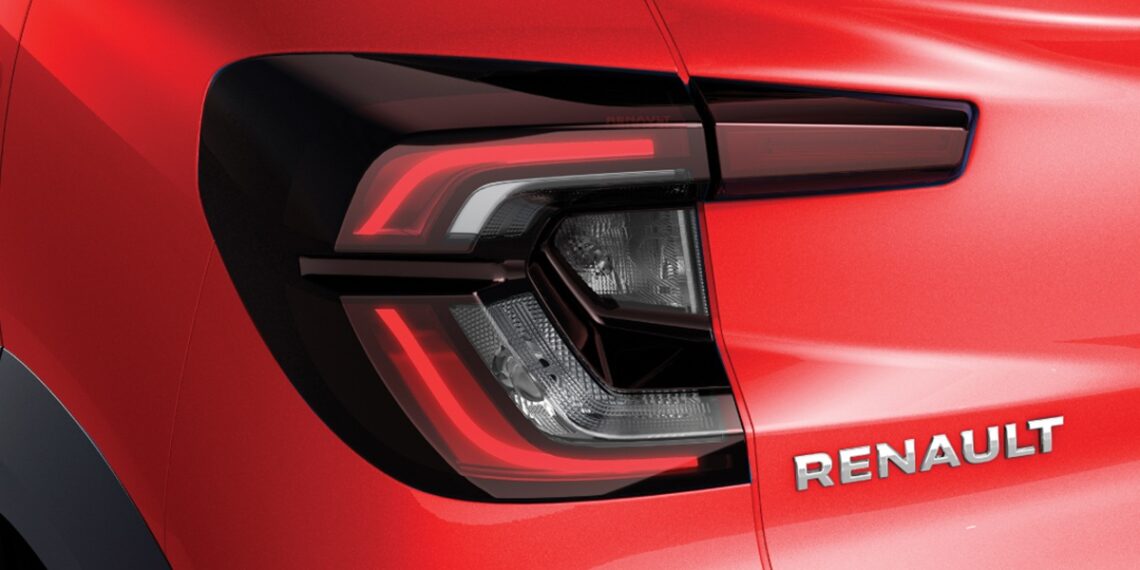New Delhi: French automaker Renault has announced its decision to acquire Nissan’s 51% stake in their Indian manufacturing joint venture, Renault Nissan Automotive India Private Ltd (RNAIPL).
The financial terms of the deal remain undisclosed.
The Chennai-based facility, which currently produces models for both Renault and Nissan, will become fully owned by Renault Group as part of a broader global restructuring agreement between the two companies.
The move is expected to enhance Nissan’s operational efficiency and cost management as part of its ongoing turnaround strategy.
Following the transaction, Renault will hold complete ownership of RNAIPL, which employs approximately 6,300 workers and has an annual production capacity of 4.8 lakh units.
Despite Renault’s full acquisition, Nissan will continue sourcing vehicles from the facility for both domestic sales and exports.
Meanwhile, the Renault-Nissan Technology & Business Center India (RNTBCI) will continue to function as a joint operation, with Renault holding a 51% stake and Nissan retaining the remaining 49%.
RNAIPL will keep producing Nissan models, including the newly launched Nissan Magnite, and will remain integral to Nissan’s future expansion in India.
Renault Group CFO Duncan Minto emphasized India’s importance in Renault’s international growth strategy, highlighting the country’s vast potential.
“India is the third-largest global market with 4.9 million units sold annually, and it’s expected to grow by 30% to 6.3 million units by 2030,” he said.
Renault currently holds just 1% of the Indian market but sees significant growth opportunities.
Minto noted that the Chennai plant benefits from a robust and competitive supply chain, which will help Renault expand further.
Currently, the plant manufactures Renault models such as the Kiger, Triber, and Kwid.
From next year, the facility will introduce the CMFB platform, producing four new models under both Renault and Nissan brands.
Beyond India, Renault aims to leverage the country’s manufacturing ecosystem for export markets, supporting its goal of geographic diversification beyond Europe.
As part of its broader plans, Renault—through its EV-focused subsidiary Ampere—will develop and produce a derivative of the Twingo for Nissan starting in 2026.
This will mark a significant step in Renault’s international expansion efforts.
Renault Group CEO Luca de Meo described the agreement as a pragmatic and business-driven approach to ensuring Nissan’s turnaround while creating mutual growth opportunities.
“This framework agreement showcases the agile and efficient mindset of the new Renault-Nissan Alliance,” he said.
Nissan remains committed to the Indian market despite exiting the manufacturing JV.
The company’s incoming President and CEO, Ivan Espinosa, reiterated Nissan’s focus on delivering vehicles tailored to local needs and providing excellent sales and service.
Frank Torres, President of Nissan India Operations, stated that the transition aligns with the company’s turnaround strategy and plans to triple both domestic and export volumes to 1 lakh units per year by FY26.
ALSO READ: Tripura government launches Rs 10-meal service for patients’ families in GBP Hospital
He confirmed that Nissan has already invested 80% of its planned €700 million in new product development for India.
While Nissan may explore contract manufacturing arrangements in the future, Torres affirmed that the current setup with Renault will suffice until at least 2032. He dismissed speculation of Nissan’s exit from India, emphasizing that the company remains fully committed to the market.
Renault expects peak investments in RNAIPL in 2025, aligning with the launch of new vehicle models.
The financial impact on free cash flow for the year is projected to be around €200 million, factoring in the deal’s completion by mid-2025.















